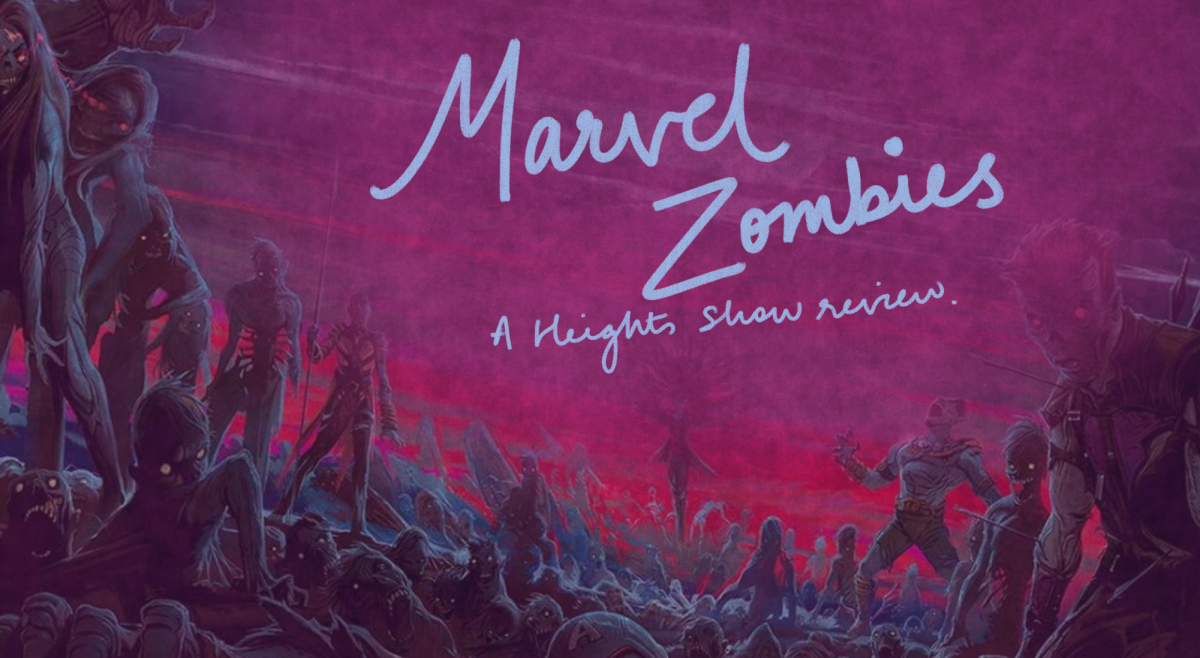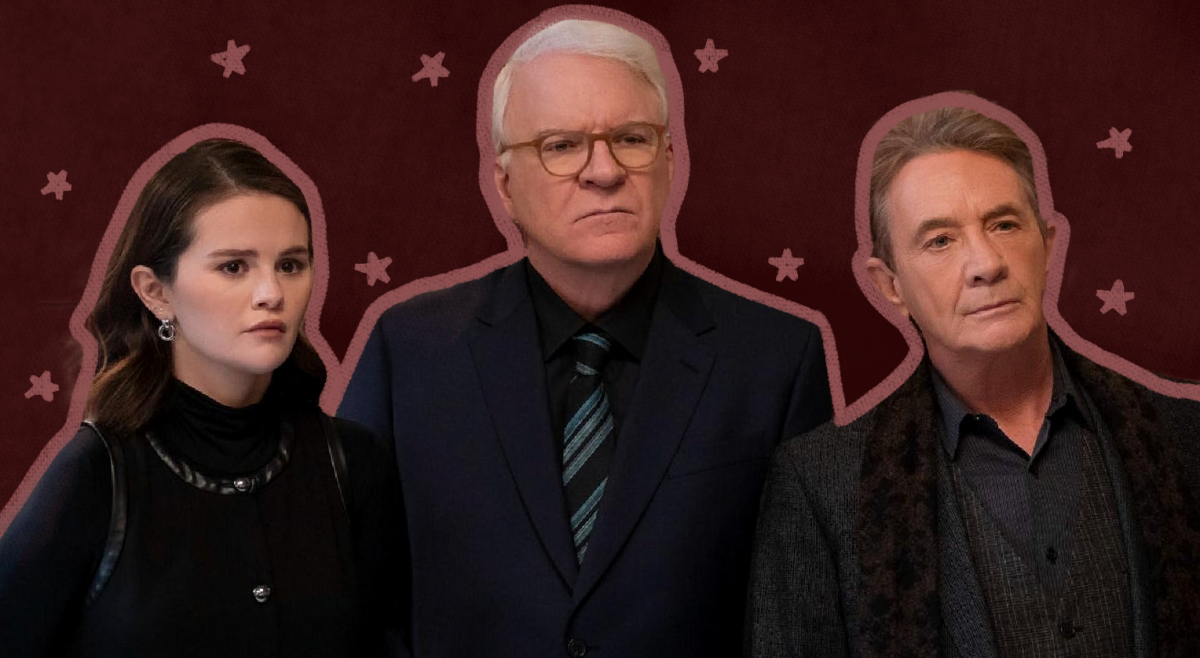The internet is erupting in celebration as the fifth and final season of Stranger Things draws near. This last batch of episodes is the culmination of nine years of storytelling across five seasons for one of the most popular series of all time, and Stranger Things deserves all of the hype that it gets.
Stranger Things is also the show that decidedly killed TV.
Right before our eyes, streaming has convinced us as viewers to become complicit with a type of TV that’s inconvenient, time-consuming, and non-traditional. We deserve better, and as recently as five years ago, we had it.
2018 was the year when I really started to enjoy TV because my obsession with Marvel led me to Agents of S.H.I.E.L.D., which ran for seven seasons. I joined the show during its fifth season, and would tune in weekly on Friday nights for an hour-long adventure (including commercials) with Phil Coulson (Clark Gregg) and the rest of S.H.I.E.L.D. I’d come back to school on Monday and talk about that week’s episode with my friends in anticipation of what would happen next Friday.
I spent only an hour on Fridays watching Agents, and in the event I had plans, I could easily squeeze that episode into another spot on my schedule. In the crisis that someone spoiled that week’s episode before I could watch, it wasn’t the end of the world—no one knew what would happen next week, so spoiler damage was always mitigated.
Seasons of Agents were 22 episodes long, with a break after 11 episodes for a couple of months in winter, leaving the summer months as a longer break between seasons of the show. On this schedule, a new batch of 11 episodes dropped every fall and spring, leaving virtually no lag between seasons.
Agents was a prime example of what a show has always been: a weekly schedule, short episodes, and long, healthy seasons.
Stranger Things is the antithesis of Agents.
With that in mind, though, Stranger Things surely didn’t set out to destroy television, and it surely has done some good.
When Stranger Things first premiered in 2016, it perfectly fit the Netflix model of television: a short eight-episode season with a young cast and episodes that all debuted at once. Viewers were wrapped up in weekly episodes of Game of Thrones, The Flash, or Better Call Saul, so in between our scheduled weekly viewing, we all had time for a small dose of Stranger Things.
Over its first three seasons, Stranger Things became everyone’s favorite show. If we wanted to have an untainted viewing experience of the show, we had to watch the episodes before anyone else—it was becoming an obsession, but no one was worried. Game of Thrones had a huge finale on network TV, and mainstays like The Big Bang Theory and The Walking Dead didn’t seem to be going anywhere.
Cue the pandemic, and the disappearance of any notable new TV for around a year. Networks scrambled to film under mask mandates and social distancing while they milked any possible content that was already ready for release.
Rather than settling for whatever scraps network TV was offering, we all turned to streaming during the pandemic. With all of the extra time on our hands, we had no problem watching entire eight-episode seasons in a day or two.
The streaming powers that be were taking note of our habits, though, and they capitalized on our lapse in judgment. When Stranger Things returned for its fourth season, there were some striking differences.
Season three came out in 2019, while season four was released in 2022. Netflix took its sweet time in producing the new batch of episodes, all of which were around 80 minutes long (the final episode of the season was over two hours long). The child actors had all noticeably aged, and our memories struggled to remember the plot that we’d last visited three years ago.
Even with the pandemic past, when Netflix pushed out seven of the nine episodes at once, half of Twitter and everyone’s mother had already watched all of the episodes overnight. If you didn’t have the time to spare 9 hours straight watching TV, then the odds were someone was going to tell you what happened in the cliffhanger of episode seven.
The buzz of Stranger Things would last for the following month or two, and then radio silence from fans and Netflix alike as people waited another three years for the final season to release.
This isn’t what TV was ever meant to be. With the model that Netflix has normalized, we as viewers feel pressured to watch something that should be a leisure activity. After we spend countless hours feeling the short rush of excitement that a single arc of episodes brings, we wait for years between seasons.
There are exceptions to the new normal: Think of TikTok’s weekly obsession with The Summer I Turned Pretty, or how The Last of Us brought weekly discourse from video game and TV fans alike. Still, streaming has killed the idea of long-form seasons, and shows feel free to take as long as they want in between new seasons.
Agents of S.H.I.E.L.D. wouldn’t survive in today’s TV landscape because TV has evolved into a completely different beast. Streaming has brainwashed us all into a cycle of binging, spoiling, waiting, and repeating. TV is dead, and by giving in to streaming, we’re the ones who killed it.








